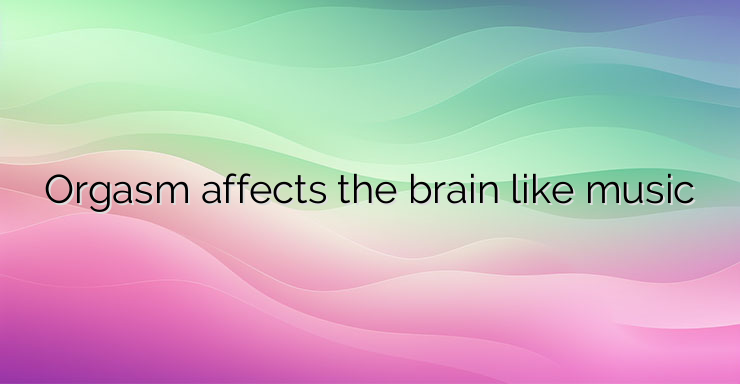When it comes to orgasm, researchers tend to focus on how this intense sexual pleasure evolved. A new study delves into relatively uncharted territory in regards to climaxing—how orgasm affects the brain. It has been described as a powerful, pleasurable release of pent-up sexual tension for both men and women. During orgasm it is possible to experience an increase in blood pressure levels, heart rate, breathing becomes heavier and rhythmic muscle contractions are observed. Although the signs and sensations associated with orgasm are clear, the mechanisms behind this sexual response, particularly the neurophysiological ones, remain unclear. For the purposes of the new study, a range of studies and literature are analyzed that examine the response of both the body and the brain to sexual stimulation. It is the work of Adam Safron of Northwestern University in Evanston, Illinois, USA. He created a model that sheds light on how rhythmic sexual activity affects rhythmic activity in the brain. NEWS_MORE_BOX Saffron explains that rhythmic sexual stimulation, if it is intense enough and lasts long enough, can stimulate neural vibrations in certain frequencies. This process may be responsible for what Saffron calls “sexual trance,” where the focus is solely on the momentary sensation. Interestingly, the researcher also found some similarities between orgasm and reflex spasms, noting that both experiences can be triggered by rhythmic stimulation that triggers rhythmic activity in the brain. In addition, Saffron explains that the way the brain responds to rhythmic sexual stimulation is comparable to the way it responds to rhythmic music and dance. Data from the study are published in the journal Socioaffective Neuroscience and Psychology.


Leave a Reply